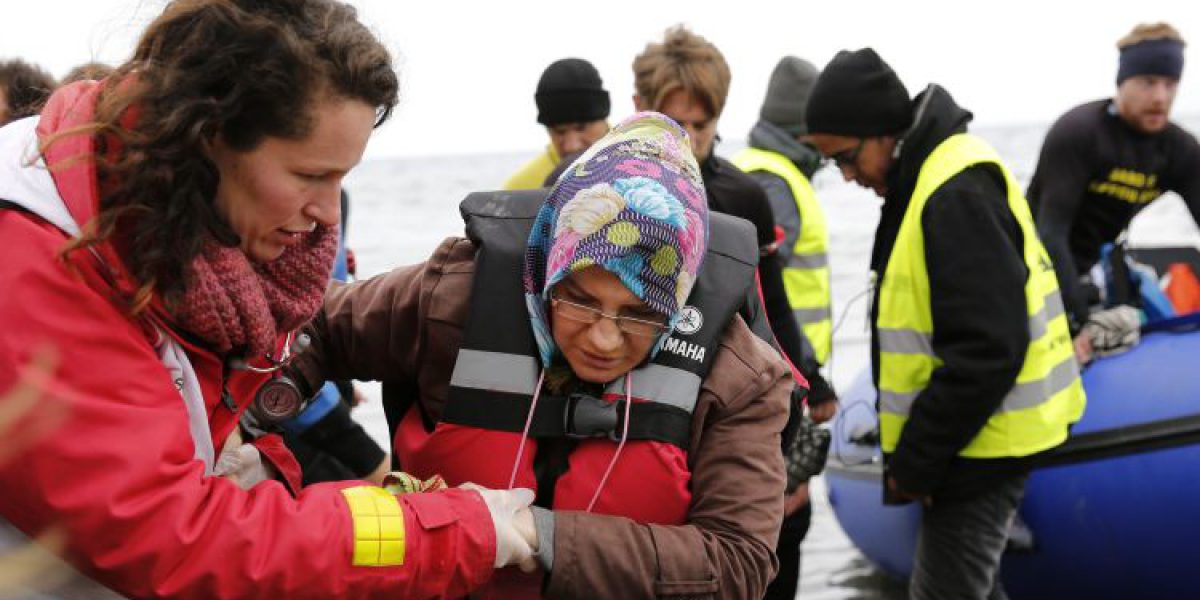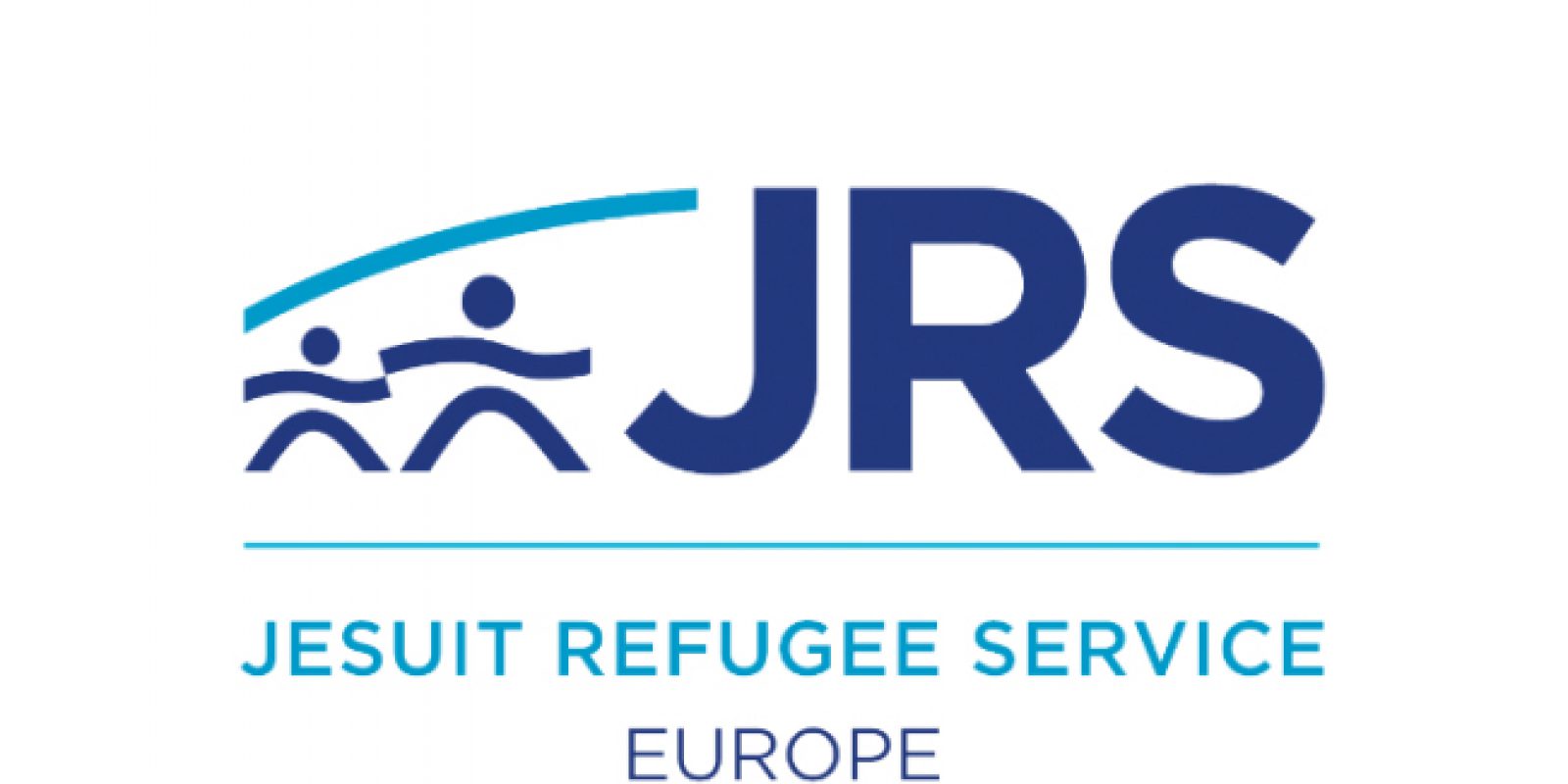
Earlier this week, JRS Europe joined 19 other human rights and aid groups in sounding the alarm about the appalling conditions faced by migrants and refugees on Greece’s islands.
Ever since Greece began enforcing a policy to contain people on the islands who arrive there by sea, many thousands have become trapped. With the onset of another winter falling upon migrants and refugees still living in light summer tents in total destitution, the groups warned Greek Prime Minister Alexis Tspiras that many will die if he does not allow people to move to the mainland.
In this month’s Protection at External Borders (PEB) article, we write about three people JRS Greece recently met with, who provide a real-life snapshot on the situation raised by NGOs. All of their names have been changed to protect their identities.
Fleeing oppression, finding uncertainty
Darya fled Afghanistan because she went to school. She graduated from journalism school in Kabul at age 29, and then took up work with refugee NGOs in the city. This was enough to raise the ire of the Taliban.
“The Taliban do not want women to study or work,” she said. “My husband had already been in Greece for the last four years. The Taliban started to threaten me, and because there was no one to protect me, I decided to go to Greece to be with my husband.”
Darya travelled through Iran to Turkey, and then by boat to Chios in July. The journey was so hard that she refused to give JRS any details, saying only, “I do not want to remember it.”
She made two attempts. The first time was by car from Istanbul to the northern Greek border, but she was caught and sent back to Turkey. The second time was on a boat with 60 people to the island of Chios.
According to Darya, the Greek border guards treated them very roughly. “They were very violent. They robbed me, slapped me on the face; they were shouting at all of us.”
She spent some time in a camp in Chios. When asked about it, she only said, “the situation in the camp was not good.”
Darya applied for asylum in Chios and was given a refugee status, before moving to Athens. Her future remains very uncertain.
Snakes and scorpions
Ibrahim, 28-years-old, left Iraq with his family because the woman he married had previously been forced to marry someone she didn’t want to. They also left because of war.
From Iraq they went to Turkey, then to Chios. When they were close to Chios’ shores, the boat became damaged and they all had to jump into the water. Fortunately they were close to shore.
The rescue went well. What came afterwards, didn’t.
“We stayed in Chios for two months. Then we were transferred to a camp in Veria (northern Greece). We stayed there for two months but the situation was very bad. There were snakes and scorpions in the tents.” The family have since found a shelter in Athens.
“If we do not succeed here, we will go to Germany.”
No going back
Bizhan fled Iran because he was persecuted for practicing Zoroastrianism, one of the world’s oldest religions. He suffered torture in prison because of his beliefs. “I didn’t want my son to live the same way,” he said.
They crossed from Iran to Turkey through the mountains, on foot. “It was difficult and very cold. I was more worried for my son than myself. In Turkey we waited for months before the smugglers got us out.”
It was March when they arrived to the Greek island of Chios by sea, on a boat with 45 people. “People were scared and they were praying. I was not praying. I was just waiting to see the shore.”
Bizhan was taken aback by the conditions awaiting him and his son in Chios.
“In Chios, there were too many people, no space, and bad conditions. There were not enough doctors for sick people or psychologists, no information, not enough lawyers and interpreters.”
They were transferred to Athens, but it held little promise. They were without accommodation, and were forced to live in a squat. Now they have an apartment from an NGO, and a cash card for food.
“My son went back to school. I have help from a psychologist for the torture I experienced,” explained Bizhan.
His biggest challenge is to find a permanent place to stay for him and his son, finding a job, and getting asylum. Returning to Iran is out of the question. “I cannot go back; it is very dangerous.”
Bizhan is particularly concerned for his son’s safety. While living in the squat, he was attacked by a group of Afghani men. “I am afraid that my son gets involved in these kind of things.”

